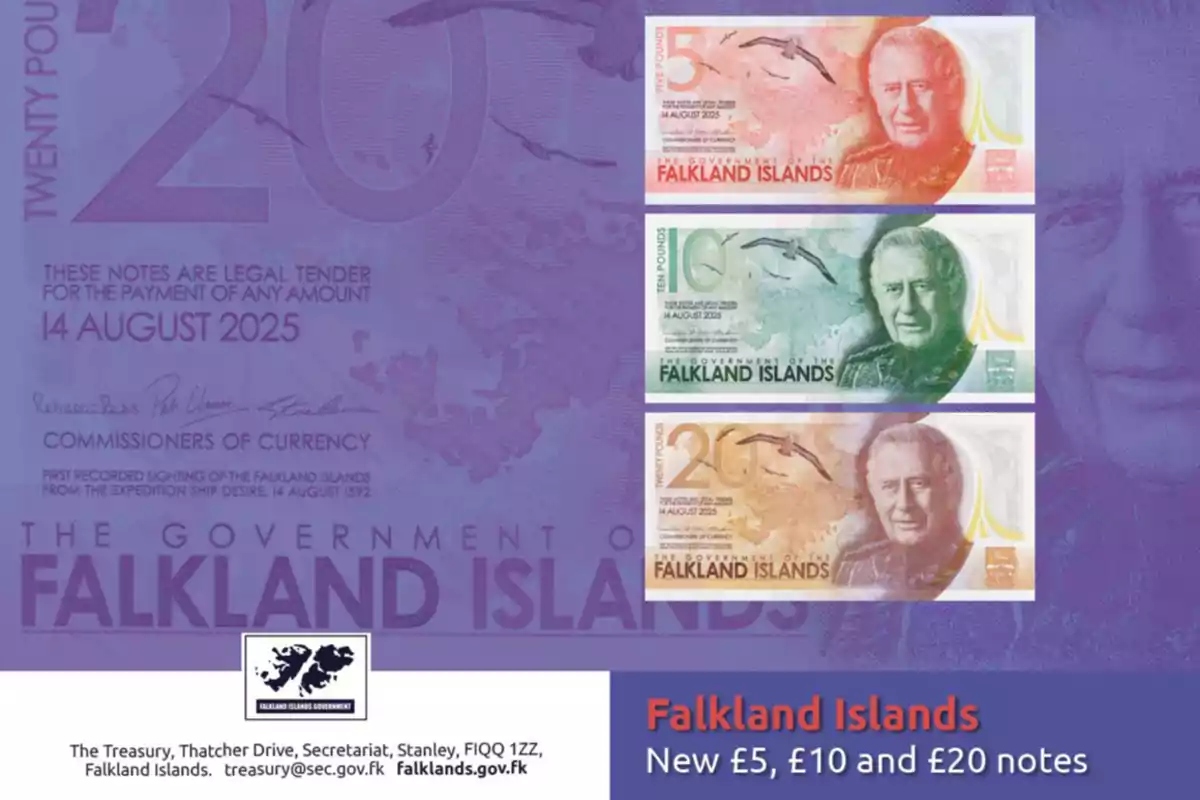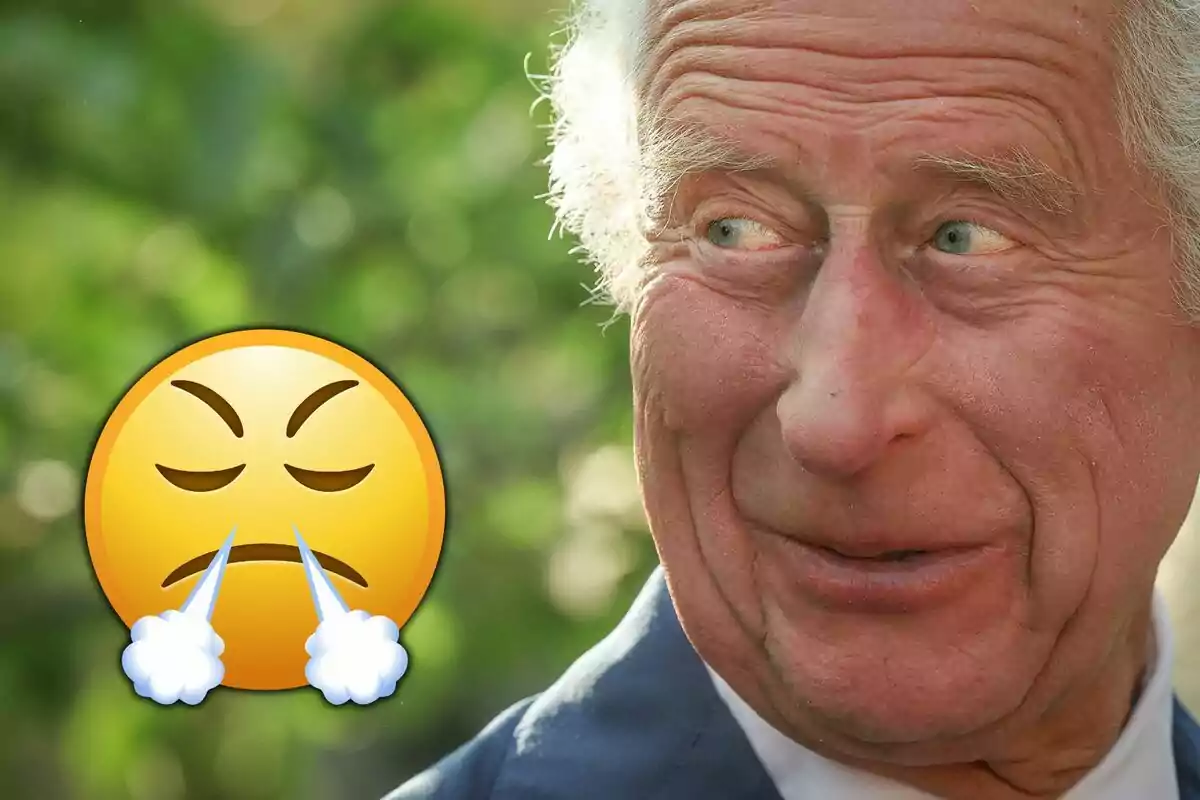King Charles III, at 76 years old, has recently been at the center of an event that has caused considerable commotion and sparked indignation in several circles of European royalty. This episode is not a simple protocol event, but has been interpreted as a political and symbolic reaffirmation by the British monarch. As more details have emerged, the controversy has intensified, especially in certain countries with conflicting historical interests.
In recent days, it has become known that the launch of new banknotes in the Falkland Islands has been the epicenter of this controversy. King Charles III's image appears on the front of these banknotes, a fact that has been presented by the British government as a tribute to local identity. However, this gesture has been met with great rejection and annoyance, especially by Argentina, which considers this act a direct provocation.

The official issuance of the banknotes, carried out on August 14, is not only functional but also symbolic. The design includes elements of native fauna, such as the albatross and the king penguin, as well as artistic details like the national flower Pale Maiden, designed by artist Louise Clarke. Even so, the king's presence on the banknotes has provoked a strong reaction in Buenos Aires, which sees it as an attempt to reinforce British sovereignty.
King Charles III's image at the center of the controversy between Argentina and the United Kingdom
For the Argentine government, the circulation of these banknotes represents a significant challenge that contradicts international resolutions calling for negotiation of sovereignty over the islands. According to Buenos Aires, this action is nothing more than a maneuver to legitimize control they consider colonial and that should be subject to a decolonization process, as the U.N. points out. The controversy has even strained diplomatic relations between both countries.

Meanwhile, from London, they have argued that this monetary issuance represents a step toward modernizing the local economy and reflects respect for islander identity. The technical details, such as raised ink and images visible under ultraviolet light, are an advance in terms of monetary security. However, for many in Europe and Latin America, this action is not neutral and reopens old wounds.
The first monetary renewal in 40 years shakes international relations
In addition, it is worth noting that this is the first official issuance of banknotes in the Falklands since 1984, a fact that adds more weight to the symbolism of the act. Although a specific date has not yet been set to officially withdraw the old notes, it is estimated that they will cease to be legal tender by mid-2026.
This way, King Charles III's prominence in this monetary issuance has caused a wave of indignation that transcends British borders. European royalty is watching with growing concern as this gesture is interpreted as a controversial move and a clear reaffirmation of British rule in a disputed territory. Meanwhile, Argentina remains firm in its claim for the peaceful recovery of the Falklands, which keeps the international controversy and regional tension alive.

